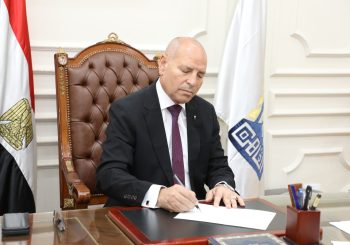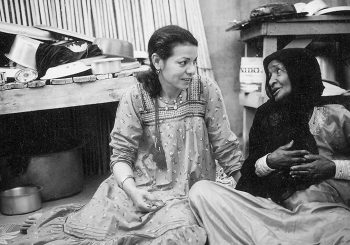A BBC investigation has revealed that the majority of those killed in Israel’s deadliest airstrike on Lebanon in nearly two decades were civilians, challenging claims by the Israeli Defense Forces (IDF) that the building targeted was a Hezbollah “terrorist command center.”
The missile strike, which occurred on 29 September in the village of Ain El Delb, claimed 73 lives, including 23 children, and reduced the six-story residential building to rubble.
The IDF stated the strike was intended to eliminate a Hezbollah commander and claimed that “the overwhelming majority” of those killed were members of the armed group.
However, the BBC’s findings, based on Lebanese Health Ministry data, social media tributes, and survivor testimonies, identified 68 victims, of whom only six were linked to Hezbollah’s military wing. None held senior ranks within the organization.
The strike shattered families. Ashraf Ramadan, a survivor, lost his sister Julia and mother Janan in the attack. Julia, who had sought refuge in the family apartment after fleeing Beirut, was one of 62 civilians killed. Her last words, Ashraf recalls, were calls for her brother, and other families faced similar devastation
The IDF described the building as a Hezbollah command center but declined to define what constituted such a facility when asked by the BBC.
Hezbollah memorials for the six fighters labeled them as Mujahideen, or fighters in English, with no evidence suggesting they were high-ranking members.
UN experts have raised concerns on 30 September 2024, over the proportionality of airstrikes on residential buildings in densely populated areas.
The airstrike occurred amid a wider escalation between Israel and Hezbollah, which began when Hezbollah launched rockets in response to Israel’s war in Gaza in October 2023.
Between October 2023 and November 2024, over 3,960 people were killed in Lebanon by Israeli forces, according to Lebanese authorities, while Hezbollah’s rocket attacks claimed the lives of at least 47 Israeli civilians and 80 soldiers.
The BBC’s investigation sheds light on the human cost of the conflict and raises pressing questions about accountability and the impact of military actions on civilians in warzones.







Comments (0)